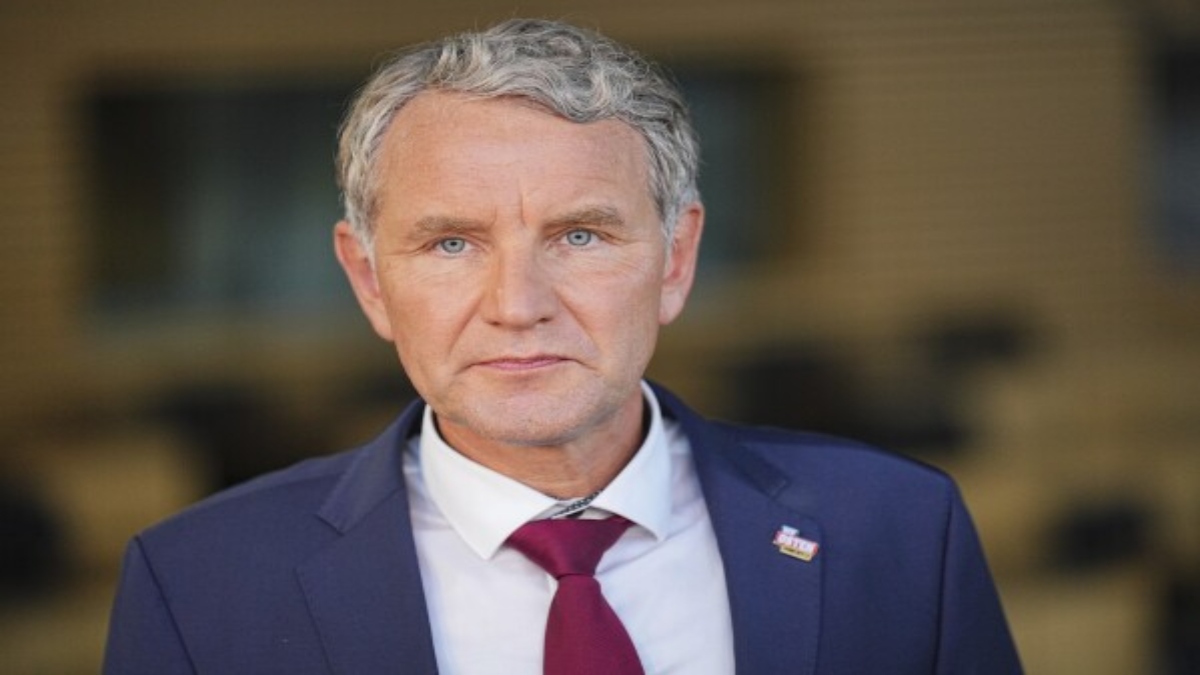Germany’s far-right party Alternative for Germany (AfD) celebrated the “historic performance” by the party in the state elections of Thuringia. The anti-immigration party has clinched almost a third of the vote and was nine points ahead of the conservative CDU in the state. The party was also way ahead of Germany’s three governing parties.
The result is historic since this is the first time a far-right party won in a state parliament elections since World War two. However, it still has little scope for forming a government in the state because other parties are less likely to form a coalition government with AfD.
While the party created history in the state of Thuringia, it came a close second in the more populous neighbouring state of Saxony. Both East German states went to polls on Sunday. In Saxony, CDU won 31.9 per cent of the vote, just ahead of the AfD, again far ahead of the three parties running the national government - the Social Democrats, Greens and liberal FDP, BBC reported.
Scholz calls the result ‘bitter’
While reacting to the poll results German Chancellor Olaf Scholz urged mainstream parties “right-wing extremists", calling the results “bitter” and “worrying”.
“Our country cannot and must not get used to this. The AfD is damaging Germany. It is weakening the economy, dividing society and ruining our country’s reputation,” Scholz said, adding that the direst predictions, that his centre-left Social Democrats (SPD) might fall out of a state parliament for the first time, had not materialised.
Last year, the 11-year-old AfD clinched its first mayoral and district government posts. The results in both states also reflect the brewing divide between East and West Germany, with left-wing parties maintaining dominance in the West.
Impact Shorts
More ShortsBjörn Höcke lauds the win
The right-wing party’s top candidate in Thuringia, Björn Höcke hailed the “historic victory”. While Höcke failed to clinch a direct mandate for the state parliament, he has managed to secure a seat because he was at the top of his party list.
Höcke became a controversial figure after he was fined for using a Nazi slogan, although the former history teacher denied doing it “knowingly”. With the nationwide elections only a year away, several polls are predicting AfD to be the second-most favourable party. AfD party leader Alice Weidel said the result was a “requiem” for the three parties running Germany and it was clear that voters in both eastern states wanted her party in government.
“Without us, a stable government is no longer possible at all,” she remarked. Meanwhile, Höcke hinted that many voters in the region would be happy to see AfD working with CDU in the state governments. It is pertinent to note that while AfD cannot form a government without the support of other parties in Thuringia, the CDU has made it clear that it won’t come in alliance with the controversial party.
Hence, the conservatives will need support from parties on the left to form a majority.
With inputs from agencies.


)

)
)
)
)
)
)
)
)



